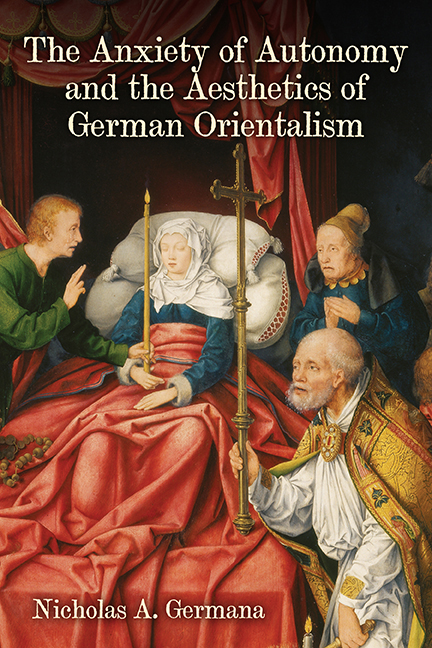1 - What is Enlightenment?
Published online by Cambridge University Press: 25 August 2018
Summary
KANT FAMOUSLY DEFINED HIS PURPOSE in the Critique of Pure Reason as “deny[ing] knowledge in order to make room for faith.” The “Copernican Revolution” of his Critical philosophy sought to provide an epistemological foundation for Newtonian mechanics while simultaneously defending against David Hume's potent skepticism regarding the possibility of human freedom. The rational faith in the possibility, even the necessity, of freedom through practical reason was the central concern of the works of moral philosophy that were the focus of Kant's intellectual efforts throughout much of the 1780s. The purpose of this chapter is to examine Kant's definition of autonomy and his developing understanding of the place of human freedom in his philosophy of history. As will be seen, autonomy as Kant defines it is actually the source of a considerable amount of anxiety because of its tenuousness. It is hard-won, for the individual and for the species, and easily undermined by the seductive power of “pathological” influences. As Kant worked through these ideas about rational self-determination, the Orient served two important purposes: First, it represents a relatively early stage in the historical development of reason, one that has been overcome in the historical maturation of the human race. Second, the Orient is also seen as a contemporary threat to the continued progress of reason because of the persistence of Romantic enthusiasm for the exotic and irrational, especially in the twin forms of religious enthusiasm (whether Pietist or Catholic) and pantheism.
Kant's Philosophy of History
For Kant, reason is what sets human beings apart from nature. Somewhat paradoxically, this seems to have been the plan of nature herself. The historical development of reason is a central theme of two brief essays published in 1784—“An Answer to the Question: What Is Enlightenment?” and “Idea for a Universal History with a Cosmopolitan Aim.” Taken together with the later essay “Toward Perpetual Peace” (1795), these essays constitute Kant's most detailed attempt at a philosophy of history, an attempt to identify and trace a teleological narrative of reason in its progressive development in human history.
In “Idea for a Universal History” Kant distinguishes between the work of the historian and that of the philosopher. For the historian the past is a subject of empirical study.
- Type
- Chapter
- Information
- Publisher: Boydell & BrewerPrint publication year: 2017

